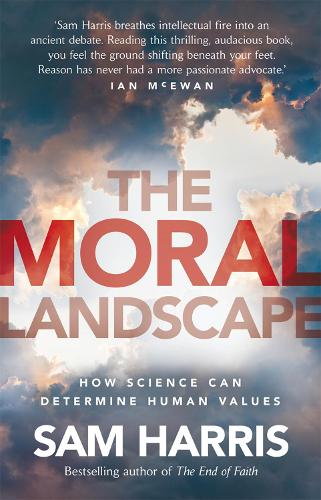The reviewer enjoys the book and recommends it highly, despite its technical material. They find Harris's arguments compelling and well-presented.
R Blackford thoroughly enjoyed Sam Harris's The Moral Landscape and recommends it highly. They appreciate Harris's ability to make complex topics accessible and engaging. Blackford finds the book's technical material, ranging from neuroscience to philosophy, well-explained and thought-provoking. They particularly admire Harris's arguments for moral realism and his critique of relativism. Overall, Blackford believes the book offers valuable insights and is a must-read for anyone interested in the intersection of science and morality.
Quick quotes
I enjoyed this book, and I recommend it highly.
Harris makes it all accessible and engaging.
The book offers valuable insights into the intersection of science and morality.
